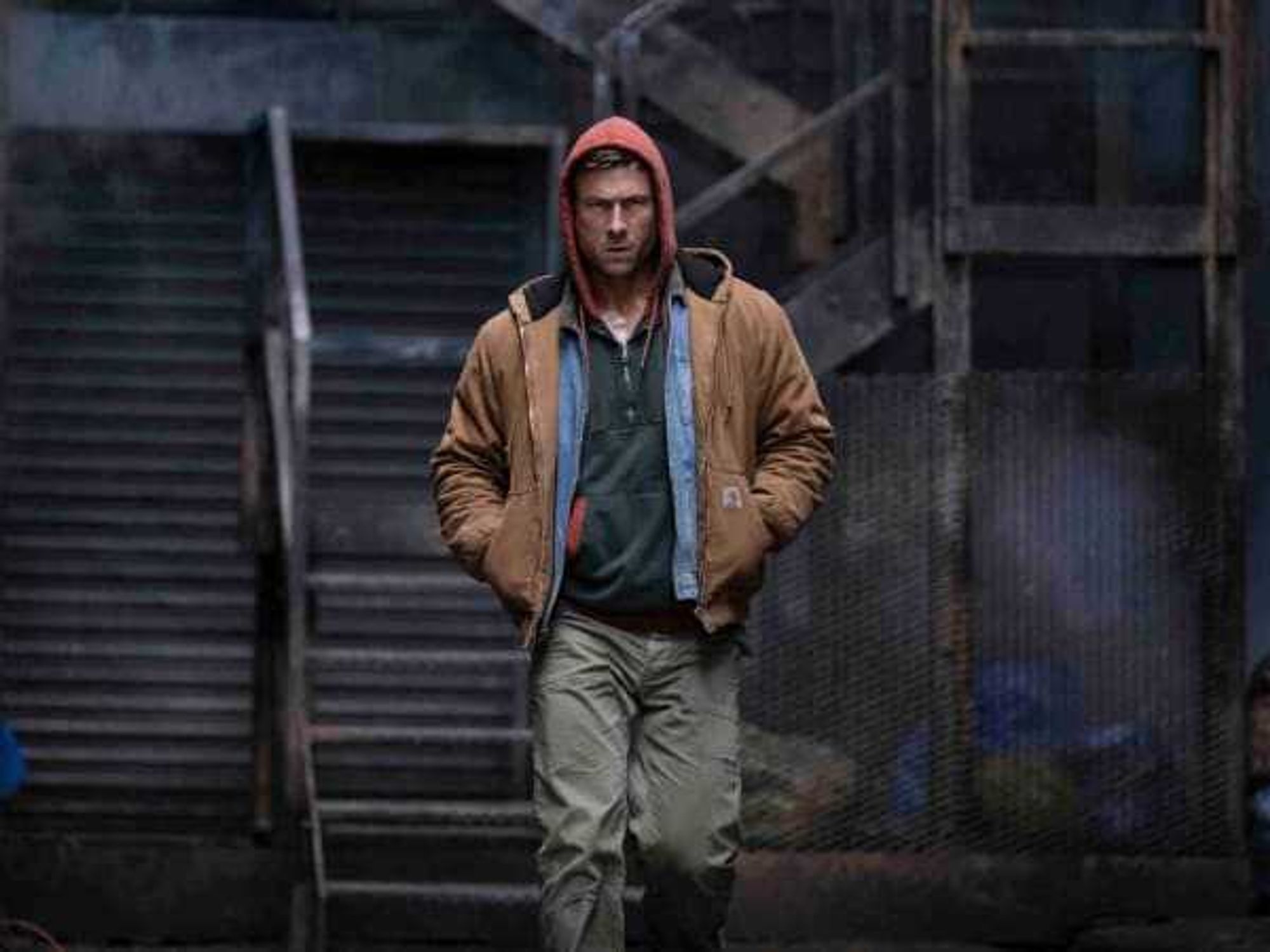We Got the Beat
Celebrating despair and sorrow: The Cure reissues Disintegration
Robert Smith’s midlife crisis hit him a bit earlier than most. He was about to turn 30, and even though his personal life was buoyed by the fact that he was about to get married, his professional life was in turmoil.
He was dissatisfied with the perception of The Cure as a pop band, yet he also felt partly to blame because he hadn’t produced an album he considered powerful enough to be a true, lasting classic. Since most bands or artists achieve albums like that before hitting 30, the pressure was on.
Smith responded to that midlife crisis not by getting a sports car or having an affair. He and The Cure emerged in 1989 with Disintegration a pitch-black stunner of an album that plumbed the depths of desperation and sorrow.
Now being re-released with all kinds of goodies attached, the album is a testament to Smith’s genius for producing luscious misery.
The extras in this deluxe edition reissue aren’t what I would consider essential to anything but Cure completei-sts. The new stuff is largely a bunch of home demos and instrumentals that show the album in various levels of progress. There is also a live set from Wembley Stadium highlighting the band’s faithful, live performances of the entire record.
You can also go online to hear even more demos and outtakes, showing if nothing else that it was a prolific recording time for Smith.
Irony abounds in the fact that The Cure was releasing a willfully gloomy record and ended up with a run of hit singles, including “Pictures Of You,” “Lullaby,” “Fascination Street,” and “Love Song,” which nearly topped the charts, peaking at No. 2 in the United States. These hits showed that Smith could deliver exotic catchiness like no one else and that the band, while in turmoil (keyboardist and longtime member Lol Tolhurst was ousted during the album’s recording), was masterful at delivering these tricky concoctions.
The singles also showed that there was more to The Cure than the Goth stereotype that was frequently hung on the band. “Lullaby” may tell a spooky tale about Smith’s spider-infused nightmares, but its spiky guitar riff and violin squeaks are darkly alluring. “Love Song” may be a moving testament to devotion, but the minor chords, low-key arrangement, and Smith’s anguished delivery somehow make those words more powerful, as if showing just how much bleakness love has to endure.
The single most emblematic of the entirety of the album is “Pictures Of You,” a triumph that still delivers chills. The interplay between Smith and Porl Thompson on guitar and the stirring chord changes produce peak after glorious peak, while the vocal is a heartbreakingly honest portrayal of the fine line between nostalgia and obsession.
All of the darkness can be a bit overbearing at times; the lengthy dirge “The Same Deep Water As You” and the title track drag on at a combined 17-minutes plus. But these are the exceptions, because for the rest of the album, the band produces luxurious soundscapes in which the listener can’t help but wallow.
Rich textures and subtle musical touches practically beg for repeated listening to imbibe it all. “Plainsong” mixes soulful guitar licks with Roger O’Donnell’s Vangelis-style keyboards; “Homesick” builds from a simple piano figure into a gloomy eddy of sorrow; a wheezy harmonium bookends the album closing “Untitled.”
The long running times of these songs never seem to be long enough, so potent is the spell that they weave.
Smith laces his morose musings through it all, the frustration and disappointment in his voice eventually reduced to a defeated moan by the end as he sings “I’ll never dream of you again.” If anybody doubted The Cure’s ability to pull off a complete album, Disintegration steamrolled right over those doubts.
After 21 years, it remains the masterpiece its creator doubted he could ever make.
Adobe Flash Required for flash player. "Lullaby"
Adobe Flash Required for flash player. "Love Song"
Adobe Flash Required for flash player. "Pictures of You"
